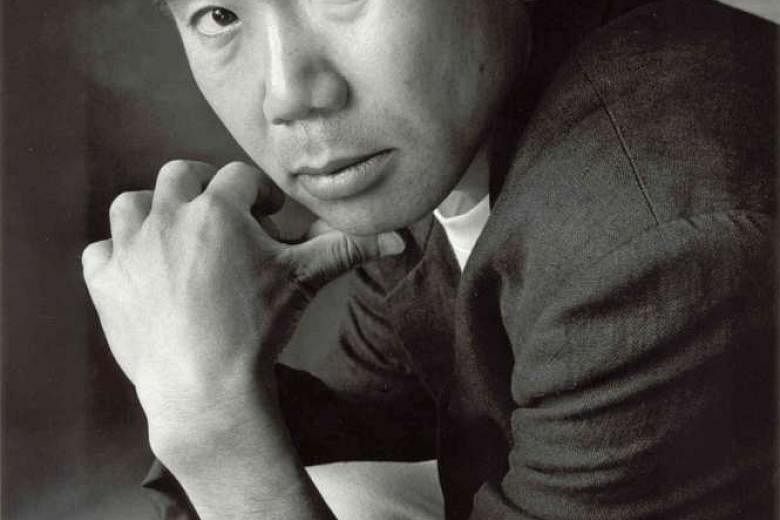TOKYO (REUTERS) - It's a plot that could almost have come from Japanese novelist Haruki Murakami, the wildly popular author known for writing about disillusionment, who has been a top pick for the Nobel Literature prize for nearly a decade - in vain.
To the bitter disappointment of fans gathered around Tokyo, the jinx persisted yet again on Thursday (Oct 08), despite Murakami being ranked number two on British betting site Ladbroke's.
The prize went to Belarusian Svetlana Alexievich. "This is really too bad, I thought he'd get it this year,"said one man in his 30s, gathered with a group of about 40 at a shrine in a Tokyo neighbourhood frequented by Murakami in his youth.
"When I heard the news, tears just came welling up." In a blog post this year, the reclusive Murakami, 66, who has lived much of his life in self-imposed exile away from Japan, himself described his perennial also-ran status as being"a bit of a nuisance".
His career runs from the 1979 novel, "Hear The Wind Sing", to "Colorless Tsukuru Tazaki and His Years of Pilgrimage", an instant bestseller that had fans queuing at midnight when it came out. He has also written non-fiction, including a book about running, one of his passions.
With his work translated into at least 50 languages, he is one of the best-known living Japanese novelists worldwide.
But the Nobel has always eluded him, despite speculation fed by overseas bookies and the hopes of Japanese literati, who would like to see their country gain a third literature laureate. The last was Kenzaburo Oe, in 1994.
Fans in Japan have gathered for years on Nobel announcement night to breathlessly await the news, in some cases reading Murakami's works aloud until the fateful moment.
Some Murakami watchers saw an augury in the success of Murakami's favourite baseball team, the perennial cellar-dwelling Yakult Swallows, who just clinched their first championship in 14 years.
The legend is that Murakami first thought he could write a novel while watching a Swallows game. He bought paper and a fountain pen on his way home, and began to write that night. "I think he's getting closer every year," said Atsuko Takahashi, a 74-year-old waiting at the shrine. "Perhaps because Japan won science Nobels this year, we were passed over for literature." Japanese scientists Satoshi Omura and Takaaki Kajita were among the winners of the awards for medicine and physics, respectively, this week.

